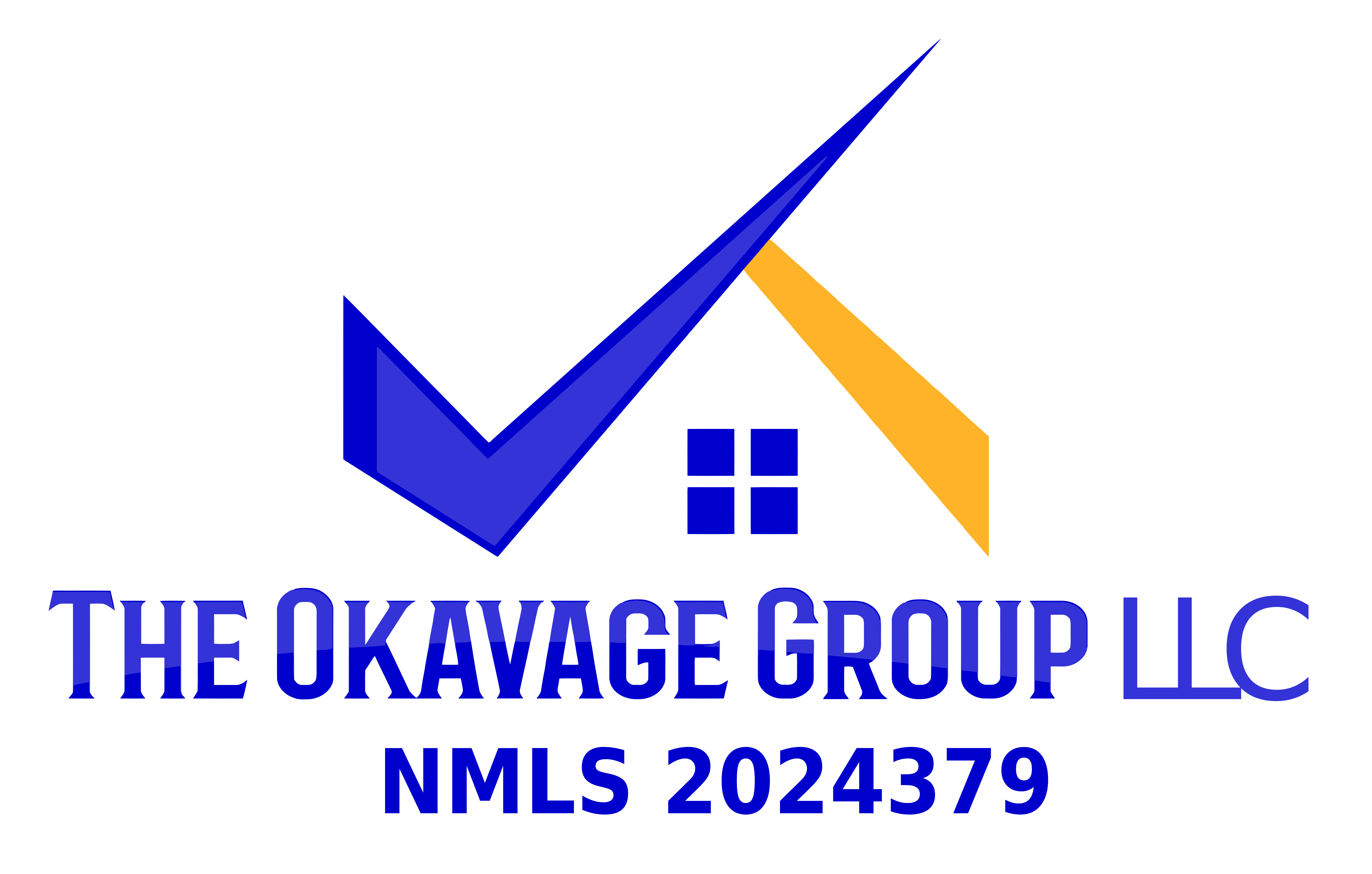What Are FHA Loans
FHA stands for Federal Housing Administration also known as HUD (housing and urban development). FHA is provided and insured by the federal government and in lieu of PMI (private mortgage insurance), they require MIP (mortgage insurance premium). On the other hand, FHA does allow for credit scores as low as 550 in some cases and allows more flexible debt to income ratios than conventional loans. The flip side of FHA is that MIP is required for a longer period of time than conventional. In fact, without 10% down payment, MIP is required for the life of the loan, adding up to tens of thousands of dollars over the life of a 30 year mortgage! FHA loans allow as little as 3.5% down payment and credit scores as low as 550! While I obviously cannot guarantee that a 550 credit score will work with only 3.5% down payment, the bottom line is the flexibility with approval is much easier than with a conventional loan, which requires a minimum 620 credit score.
FHA also allows for manual underwriting for mortgage approval. This is where a broker is better than working with a bank, as most banks and Non-Bank (Retail) Lenders do not allow for manual underwriting. Manual underwriting is essentially the “old school” way of approving a mortgage; instead of plugging information into a computer system and simply clicking submit for approval or denial. Manual underwriting sometimes requires additional paperwork, so make sure you are organized with your documentation for your loan officer. As a former FHA underwriter, I have the specialized skills necessary to work with you to minimize inconvenience due to additional paperwork and to ensure that all necessary documentation is submitted by the requisite deadline. With mutual cooperation and efficient communication, we can reduce unnecessary back and forth during the manual underwriting process so that you can focus on the important things (like what color to paint that new nursery or man/woman cave).

Additional Consideration
FHA can be challenging when it comes to condominiums. A condo development must have FHA approval (you can utilize this website to determine if they have approval or not- https://entp.hud.gov/idapp/html/condlook.cfm ). If they are not approved, you cannot obtain a mortgage in that condo development until they are approved. Back in the day, there was a procedure called “spot approval”, where FHA would allow a one-off approach, but that has not been available since 2009. There are talks of bringing this back …..but we all know how long the government takes to implement something! Please reach out to me if you have any questions on FHA condo approval process.
FHA charges mortgage insurance in two different ways. One is the UFMIP (Up Front Mortgage Insurance Premium) which is 1.75% of your loan amount on a 30 year mortgage. The second mortgage insurance type is the monthly amount. This is calculated based on a down payment of 3.5% or greater. For the 3.5% down payment, the factor is .85%/divided by 12, to obtain your monthly. For example, a $100,000 loan amount would have $1750 in UFMIP and then $850 for the annual, divided by 12, so you would have approximately $71 a month in mortgage insurance. Unless you put down 10% or more, you would have this monthly amount for the LIFE OF THE LOAN! If you put down 10% or more, it would be 11 years until the mortgage insurance is removed. This is why I tell people that FHA is the most expensive option for them, even though interest rates are normally lower than conventional financing. Please note that for mortgages of 15 year terms or lower, these factors are different. Please contact me for more information for 15 year term FHA loans.
What Makes FHA Loans Better For Buyers
FHA loans also have some more restrictive guidelines when it comes to the appraisal or review of the collateral of the home. Chipping paint will need to be repaired and repainted due to lead paint concerns. Stairs with more than three steps will require a handrail in most cases. Stains on the ceiling will need a roof certification to confirm the roof has a remaining life of 3 years or greater. Any visible mold, septic issues or well water concerns will have to be addressed/repaired, before obtaining a clear for closing from the FHA underwriter. Tripping hazards, such as a “gap” in the sidewalk, or other areas that could be a concern, would be required to be fixed before approval from the FHA underwriter. The root of these concerns is that someone obtaining an FHA loan on as little as 3.5% down may not have the funds to make such repair post-closing, which could lead to a default on the mortgage.
FHA loans allow up to 6% seller concession. A seller concession is where a seller agrees to provide money from the proceeds of the sale towards a buyer’s closing costs, prepaid or escrows. You can also use these monies to pay for the UFMIP as previously discussed. Concessions CANNOT go to pay for the down payment. This is another difference from the conventional mortgage, as a buyer can only receive a seller concession of 3% with traditional unless a 10% down payment or greater is being done.
FHA allows alternative credit for those clients without any credit score. Think of these like the 6 -step process with your local dept of motor vehicles. You must show three different alternative credit scenarios, i.e., proof of rent for 12 months, utility bill paid on time for 12 months, cell phone bill paid on time for 12 months, proof of monthly payment of health insurance for those self-employed individuals. Many others may better fit your situation, so please call me for more information on alternative credit.
So What's The Bottom Line?
Overall, I love FHA loans because it has the lowest barrier of entry to the housing market with flexible approval options compared to conventional. However, FHA may not be the best option for your individual situation, so I will work with you to explain (in terms you can actually understand) the pros and cons of choosing a FHA loan, including the most cost-effective and practical way to deal with mortgage insurance.
